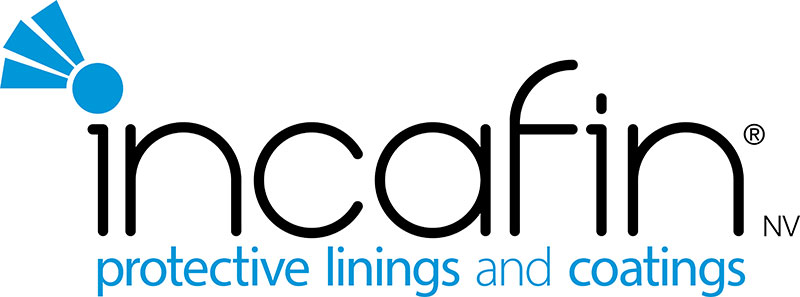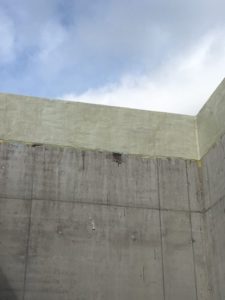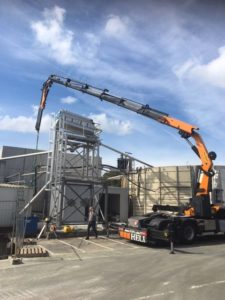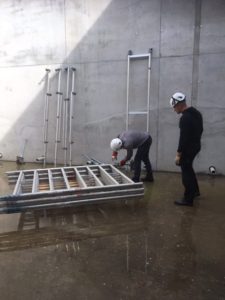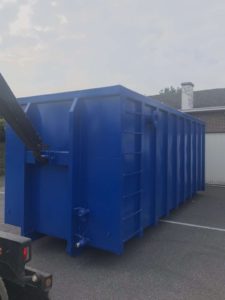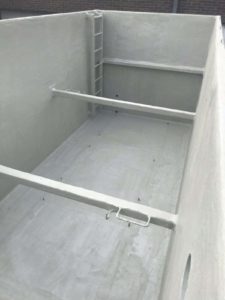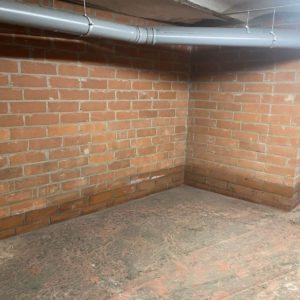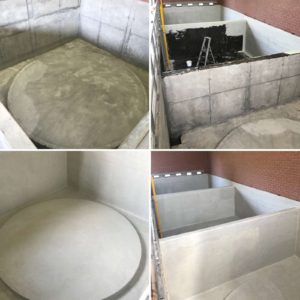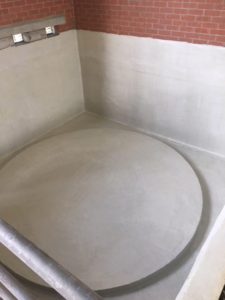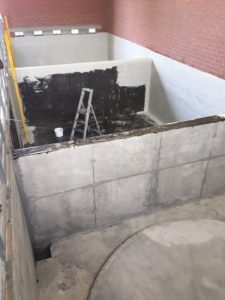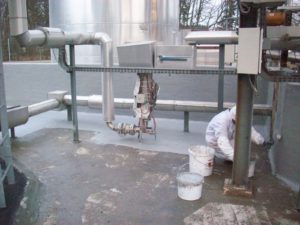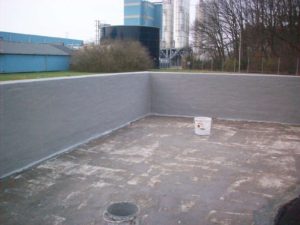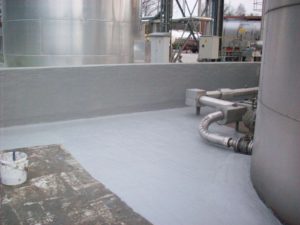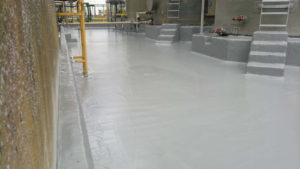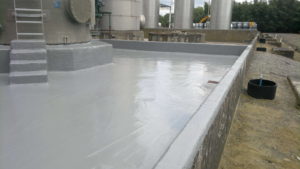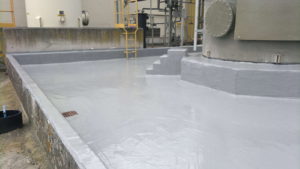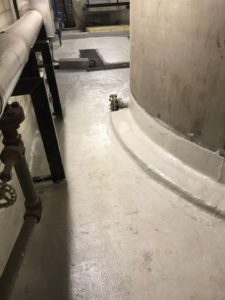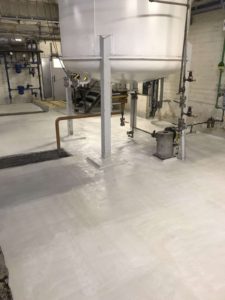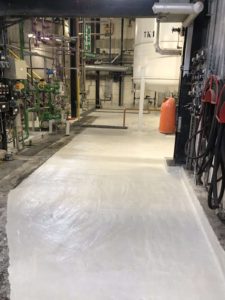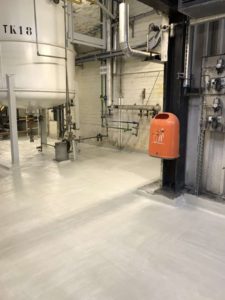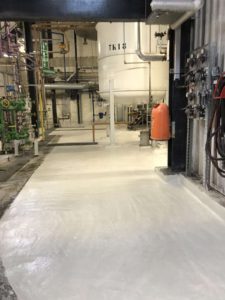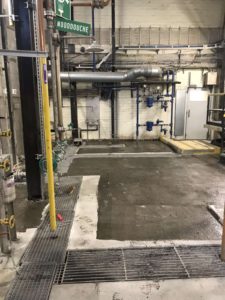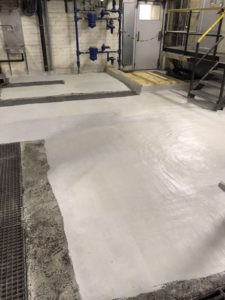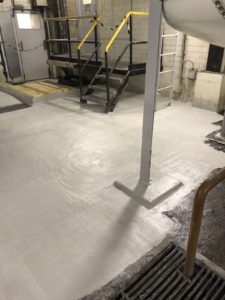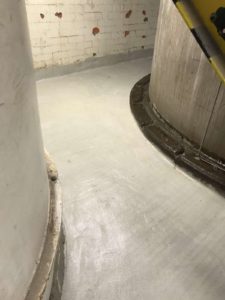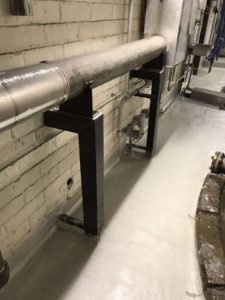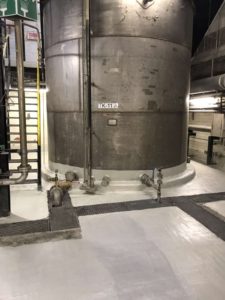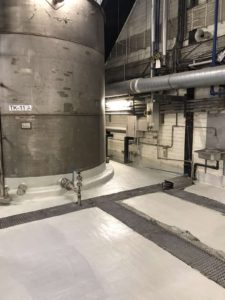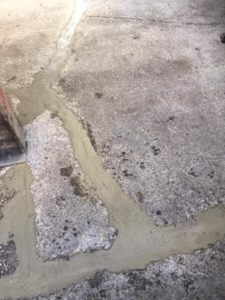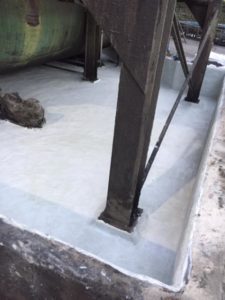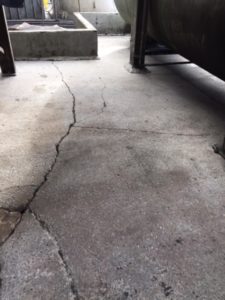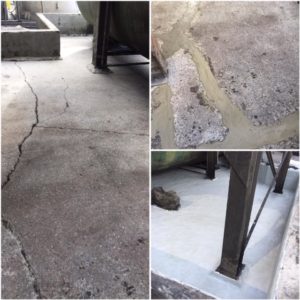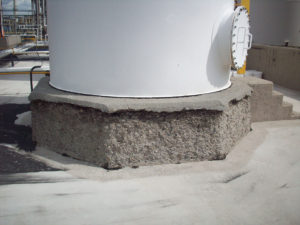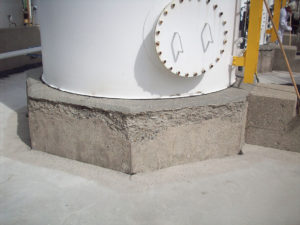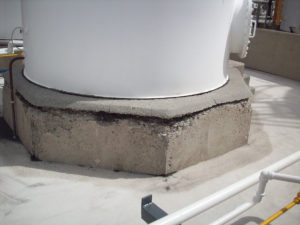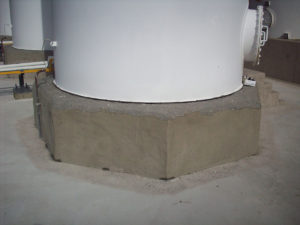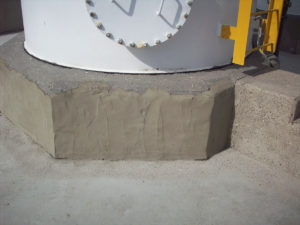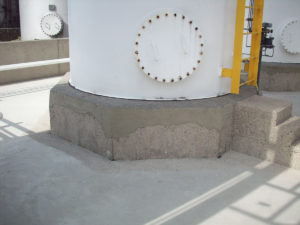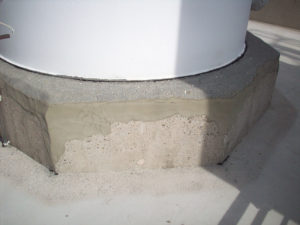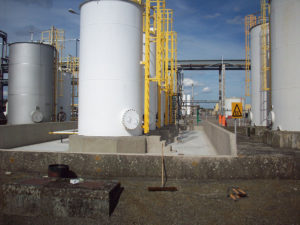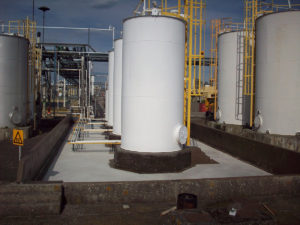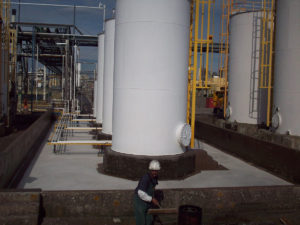Application: Industry
Chemical Industry
Chemicals can harm the environment if they end up in the soil. Soil protection measures are advisable in locations with activities involving substances that could harm the environment and human health. Examples include fuel transfer facilities, industrial manufacturing in the chemical, petrochemical, printing and machining industries, agriculture, storage sites for waste and residues, tank farms, etc.
Soil protection measures aim to ensure the responsible collection and/or disposal of any liquids that mustn’t end up in the soil. In practice, this involves containment structures such as impermeable floors or paving, drip pans, storage tanks, tank farms, wastewater treatment plants and industrial drainage systems.
Watertight concrete structures are one of the prevention measures required by environmental laws on soil and groundwater contamination. Environmentally friendly, sustainable entrepreneurship aims to stimulate operators to ensure that they, too, are prepared for the future. Prevention is better than cure.
Food Industry
Water is an essential ingredient in the preparation of food products and beverages such as soft drinks and beer. Food processing doesn’t just need water in its capacity as an ingredient, however. It remains indispensable throughout the entire production process for the washing of foodstuffs, rinsing of empty bottles and hygienic cleaning of machinery. Water used for such purposes contains organic substances, such as proteins and micro-organisms, which can be corrosive to structures due to the presence of nitrogen, sulphur and phosphorus.
